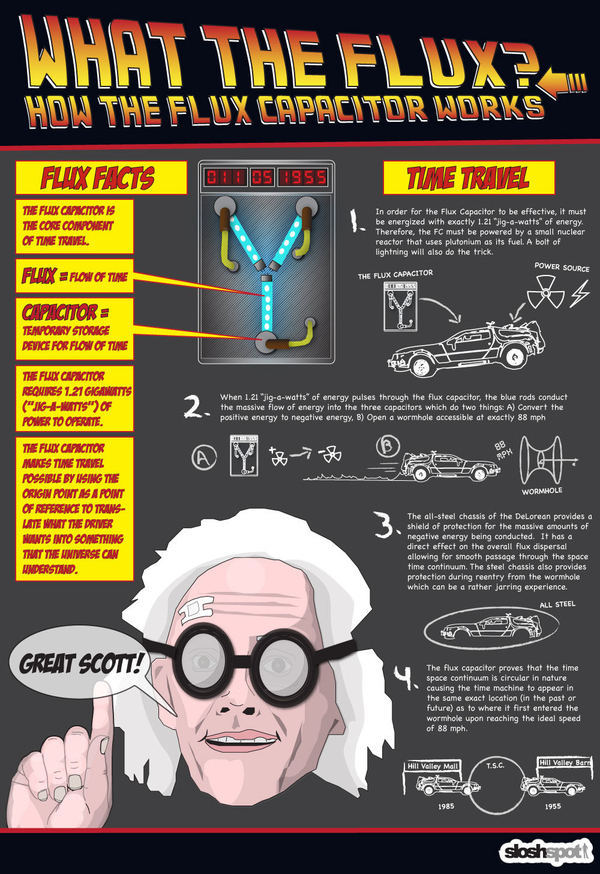Opening the fridge will warm your house. True!
Back in the days when a STU was a half rack of equipment we put one in a small room that was not tied into the building's HVAC system. When you turned the thing on it got hot in there so our genius facilities guy went to Home Depot, bought a window air conditioning unit and hung it from the ceiling. I got a call from one of the gals that worked in this area complaining that the A/C must be broken because when they turned it on it got even hotter in there. Our facilities guy was a piece of work.
Since it was mentioned in the title I'll point out the the heat transfer from the A/C unit to the air in the room caused the entropy of that air to increase.

























![Craft A Brew - Safale S-04 Dry Yeast - Fermentis - English Ale Dry Yeast - For English and American Ales and Hard Apple Ciders - Ingredients for Home Brewing - Beer Making Supplies - [1 Pack]](https://m.media-amazon.com/images/I/41fVGNh6JfL._SL500_.jpg)



































